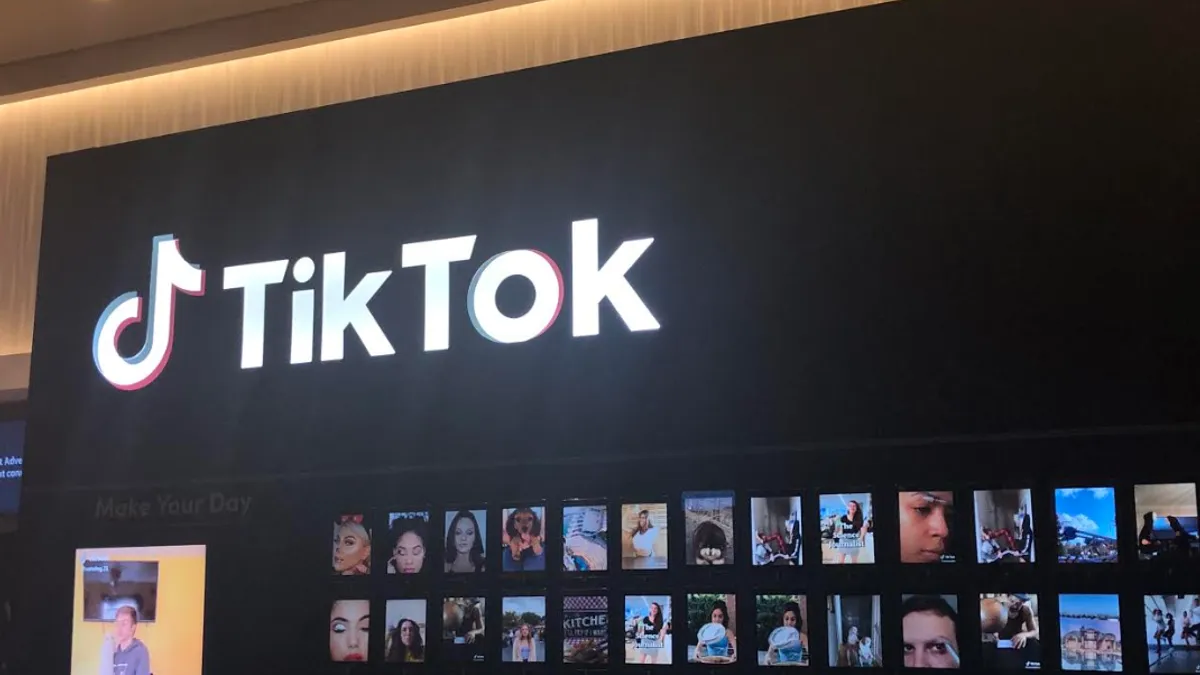Brief:
- Social video app TikTok removed about two dozen accounts that showed Islamic State propaganda including corpses paraded through streets, gun-toting militants and women who described themselves as "jihadist and proud," The Wall Street Journal reported. Some of the videos were decorated with filters of stars and stripes, apparently to make them more visually inviting to teens who make up TikTok's user base.
- Many of the posts used a key feature of TikTok that pairs video clips with music, including a song that said in Arabic, "We pledge allegiance 'til death." Social-media intelligence firm Storyful identified the Islamic State posts, which appeared to be aimed at TikTok users in a possible show of strength and recruitment tool as the U.S. military withdraws from Syria.
- TikTok, which is owned Chinese tech firm ByteDance, prohibits terrorist and criminal organizations from using the platform. The company has a team of people working to protect TikTok against malicious behavior, a spokeswoman told The Wall Street Journal.
Insight:
TikTok's surge in popularity to more than 1 billion downloads in its first year was bound to invite the same kind of abusive behavior seen on every social media platform that depends on user-generated content (UGC). Those abuses spur worries among marketers that don't want their ads to appear among objectionable content or to see their media dollars going to support terrorists and hate groups. Almost half (49%) of social media users changed their opinion of a brand whose ads were displayed next to inappropriate content, per a survey this year from mobile video ad network AdColony.
TikTok's swift removal of Islamic State propaganda accounts could help the nascent platform assure marketers that ads will be in a brand safe environment. The platform starting testing ad formats earlier this year before testing a new format that resembles Instagram.
Brands need to be wary of where their ads appear on social media sites, which have been criticized for lax oversight of their platforms while seeking to boost engagement. Concern over brand safety has led to temporary advertiser boycotts of digital media platforms like Google's YouTube on several occasions. Marc Pritchard, chief brand officer of CPG giant Procter & Gamble, in April criticized the digital media industry for fraud, privacy breaches, lack of transparency and extensive violent and harmful content placed next to ads, calling for a reinvention of the landscape.
Social media platforms for years have had to contend with propaganda from the Islamic State, which has a sophisticated and well-funded media operation that continually creates content for social networks. News organizations for several years have found Islamic State propaganda on social media sites such as including Facebook, Instagram, Twitter and YouTube. Because social media platforms reach billions of people worldwide, they make an ideal platform for propaganda.













